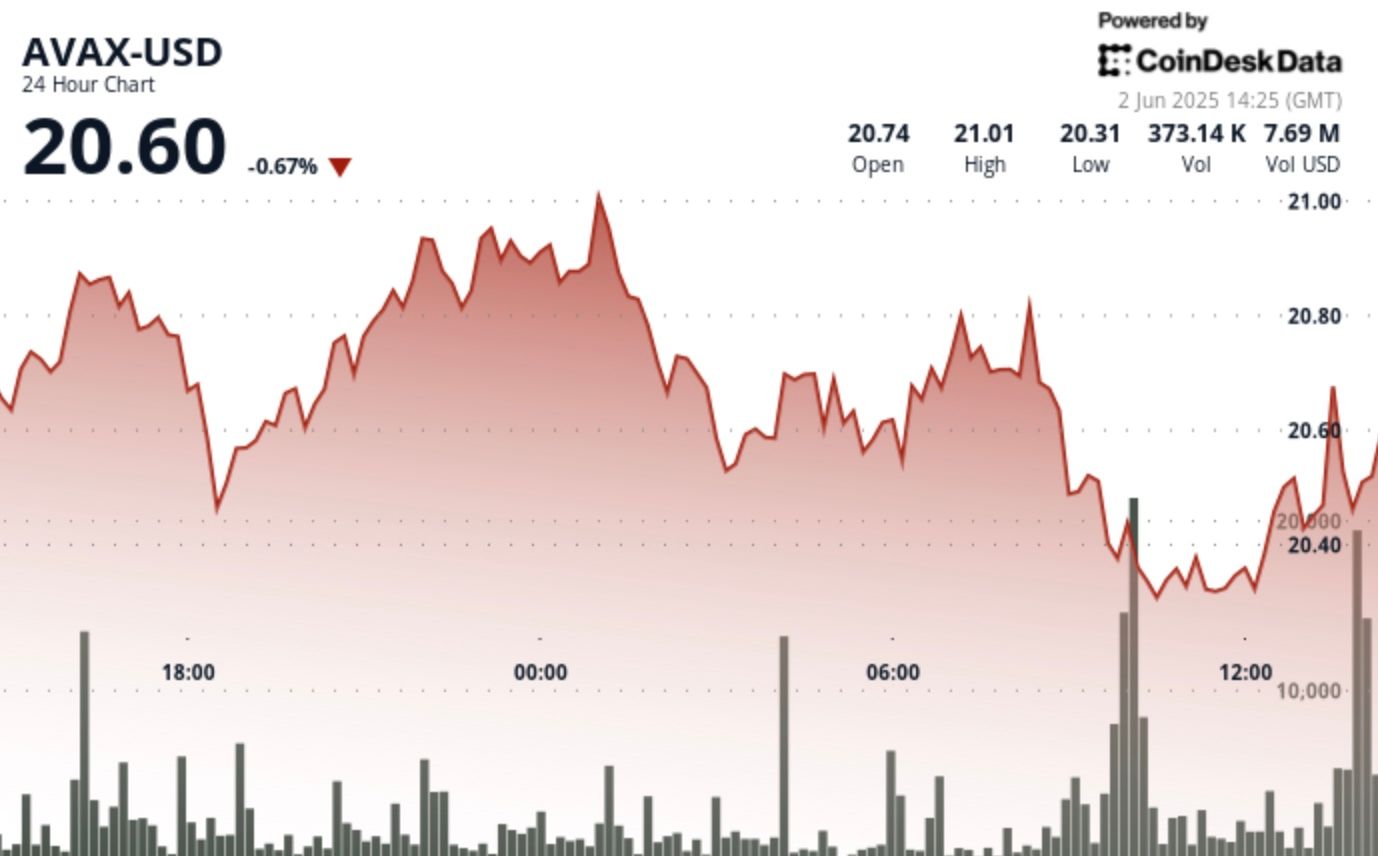
CCIP is already generating $6,669 in daily revenue for Chainlink.
Chainlink has completed the general availability launch for its Cross-Chain Interoperability Protocol (CCIP), allowing permissionless access to the hyped multi-chain transfer platform.
Announced on April 24, CCIP’s general availability launch allows any developer to leverage the protocol for cross-chain asset transfers and messaging. The milestone follows CCIP’s permissioned mainnet launch in July 2023, which allowed select partners to begin using the protocol.
Chainlink said CCIP development was informed with constant communications with users representing both the DeFi and TradFi sectors.
“We took extra time to ensure the underlying architecture has multiple layers of reliability, redundancy, and fault and disaster tolerance,” Chainlink said. “We now invite everyone from developers, to startups, to enterprises to use CCIP on mainnet for secure cross-chain token transfers and arbitrary messaging.”
The protocol currently supports transfers between Ethereum, Polygon, Optimism, BNB Chain, Base, Avalanche, Arbitrum, and Wemix. Chainlink said it also plans to integrate support for additional tokens and blockchains, including its first non-EVM rollout, in the future.
The price of Chainlink’s LINK token is up 9.7% over the past seven days, according to CoinGecko.
CCIP’s growth
CCIP already emerged as a significant source of revenue for Chainlink during its permissioned launch phase, with the protocol generating $366,800 in fees since the start of March — equating to daily revenue of $6,669, according to Dune Analytics.
The project said that CCIP’s transfer volume grew more than 4,000% in Q1 2024 compared to Q4 2023, adding that more than 1,100 developers experimented with testnet implementations of CCIP last quarter.
CCIP also enjoyed significant adoption among legacy financial institutions during its permissioned phase, playing a part in digital asset pilots from Swift, Vodafone, and Australia and New Zealand Bank that involved cross-chain transactions.
Looking ahead, Chainlink said that CCIP will remain its main priority due to scale of the cross-chain transfer market and associated opportunities for revenue generation
“We remain focused on CCIP as our top priority moving forward given the scope and size of the cross-chain market and its ability to generate user fees,” Chainlink said.
Chainlink also launched Transporter, a CCIP-powered cross-chain bridging dApp, on April 11.
Chainlink targets tokenization in new regions
Chainlink added that it has been meeting financial and government leaders within the Asia-Pacific (APAC) and Middle East and North Africa (MENA) regions throughout 2024, with a focus on “major financial centers” including Dubai, Abu Dhabi, Hong Kong, Singapore, and Sydney.
“We’ve met with well over 100 of the world’s largest financial institutions… to discuss the challenges and opportunities for the mass adoption of tokenized institutional and real-world assets,” Chainlink said.
In an April 23 report, Chainlink asserted that the burgeoning tokenized asset sector needs better infrastructure to reach its full potential, including data oracles for asset pricing, Proof of Reserves, and identity, in addition to protocols facilitating cross-chain transfers.
“Tokenization offers asset managers significant opportunities, but its broader adoption has been historically constrained by the lack of high-quality infrastructure capable of addressing the technological challenges associated with integrating the technology with traditional capital markets,” said Eliézer Ndinga, the head of digital asset strategy and business development at 21Shares, a cryptocurrency ETP provider.
Read More: thedefiant.io








 Bitcoin
Bitcoin  Ethereum
Ethereum  Tether
Tether  XRP
XRP  Solana
Solana  USDC
USDC  Dogecoin
Dogecoin  TRON
TRON  Cardano
Cardano  Lido Staked Ether
Lido Staked Ether  Wrapped Bitcoin
Wrapped Bitcoin  Hyperliquid
Hyperliquid  Sui
Sui  Wrapped stETH
Wrapped stETH  Chainlink
Chainlink  Avalanche
Avalanche  Stellar
Stellar  Toncoin
Toncoin  Bitcoin Cash
Bitcoin Cash  LEO Token
LEO Token  Shiba Inu
Shiba Inu  Hedera
Hedera  USDS
USDS  Litecoin
Litecoin  WETH
WETH  Monero
Monero  Wrapped eETH
Wrapped eETH  Polkadot
Polkadot  Binance Bridged USDT (BNB Smart Chain)
Binance Bridged USDT (BNB Smart Chain)  Ethena USDe
Ethena USDe  Bitget Token
Bitget Token  Pepe
Pepe  Pi Network
Pi Network  Coinbase Wrapped BTC
Coinbase Wrapped BTC  WhiteBIT Coin
WhiteBIT Coin  Dai
Dai  Aave
Aave  Uniswap
Uniswap  Bittensor
Bittensor  Ethena Staked USDe
Ethena Staked USDe  Cronos
Cronos  Aptos
Aptos  OKB
OKB  NEAR Protocol
NEAR Protocol  Jito Staked SOL
Jito Staked SOL  BlackRock USD Institutional Digital Liquidity Fund
BlackRock USD Institutional Digital Liquidity Fund  Internet Computer
Internet Computer  Ondo
Ondo  Ethereum Classic
Ethereum Classic